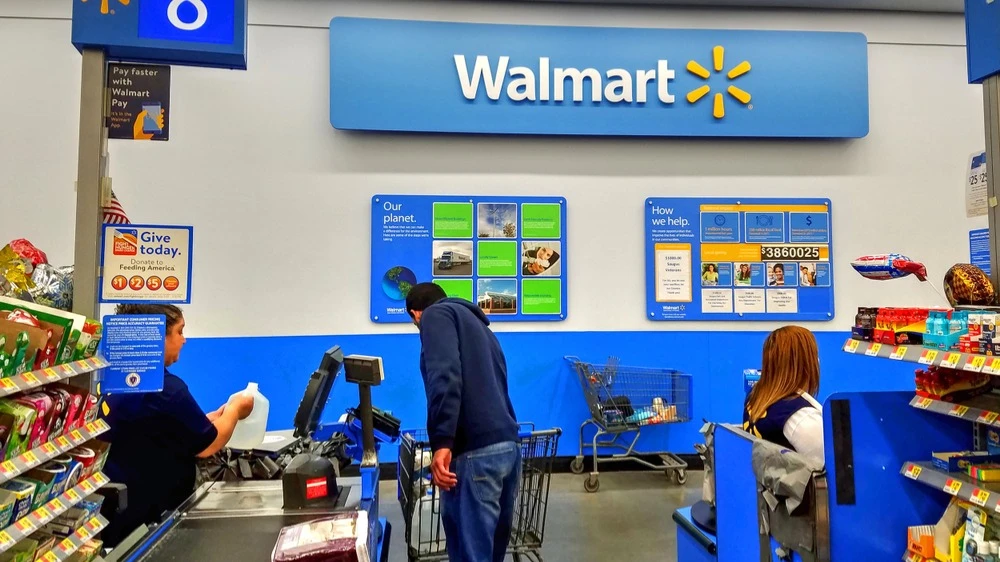Amazon and Walmart are thinking about issuing stablecoins. What should an investor worry about?

E-commerce giant Amazon and one of the largest retailers, Walmart, are considering issuing stablecoins, a cryptocurrency whose exchange rate is usually pegged one-to-one to the U.S. dollar or other national currencies, sources told The Wall Street Journal. That could allow them to save billions of dollars in transaction fees companies pay to bank card issuers, as well as put pressure on traditional payment systems. Shares of Mastercard and Visa collapsed 6-7% on the news.
Details
Amazon and Walmart are discussing the possibility of issuing their own stablecoins in the United States, reports The Wall Street Journal, citing sources. Stablecoins are a type of cryptocurrency whose rate is usually pegged to the U.S. dollar or other government currency one-to-one, the Journal explains. Unlike volatile cryptoassets such as bitcoin, they are used to store funds and make more stable payments. Companies are considering issuing their own coins for online purchases, but could also use third-party stablecoins, WSJ's interlocutors added. One possible scenario is to participate in a trading consortium, where the steiblcoin would be issued by one of the partners. Other major players, including online travel booking service Expedia and some airlines, are also looking at similar moves, the WSJ interviewees added.
The final decisions of retailers will depend on the Genius Act bill, which is supposed to lay the foundation for regulating the stablecoin market in the U.S., WSJ notes. It has already passed one of the procedural stages, but it still has to be approved in the House of Representatives and the Senate to enter into force.
In recent months, merchant associations have been actively lobbying for this legislation, the WSJ emphasizes. For example, the Merchants Payments Coalition argues that clear rules for stablecoins would give merchants an alternative payment instrument that could significantly reduce their costs and compete with payment giants like Visa and Mastercard. Walmart is also pushing for a separate amendment to the bill to increase competition in the credit card industry, WSJ sources said. Opponents of the law are concerned about the security of stablecoins and potential regulatory risks, while supporters say it will help significantly reduce transfer costs and speed up settlements.
A Walmart spokesperson declined to comment to Bloomberg, and Amazon did not respond to a request for comment.
What does that mean
The launch of their own digital payment solutions is capable of moving significant volumes of cash and card transactions outside the traditional financial infrastructure and saving Amazon and Walmart billions of dollars in commissions to bank card issuers, Bloomberg notes. This, in turn, may significantly affect the revenue of the latter and put pressure on the payment systems Visa and Mastercard. It is not the first year that retailers have been trying to find an alternative to the traditional payment system dominated by these two players, but most of these initiatives have failed so far, the publication adds.
Fearing a loss of revenue from transaction processing, banks around the world have also begun to think about developing their own stablecoins. Deutsche Bank and Banco Santander, among others, are considering such projects, Bloomberg reported. In addition, settlements using stablecoins can happen much faster - unlike traditional transfers, which are often processed for several days, delaying the receipt of revenue. That's especially true for companies with overseas suppliers, the WSJ adds.
How did the stock react
In trading on June 13, shares of Visacollapsed by 7% to $345. This is their strongest fall since April and the minimum price for two and a half months. Then, however, the quotes recouped some of their losses and continued trading in the minus by almost 5%.
Mastercard quotes, too, initially fell sharply 6.2% at first, before trimming losses slightly.
